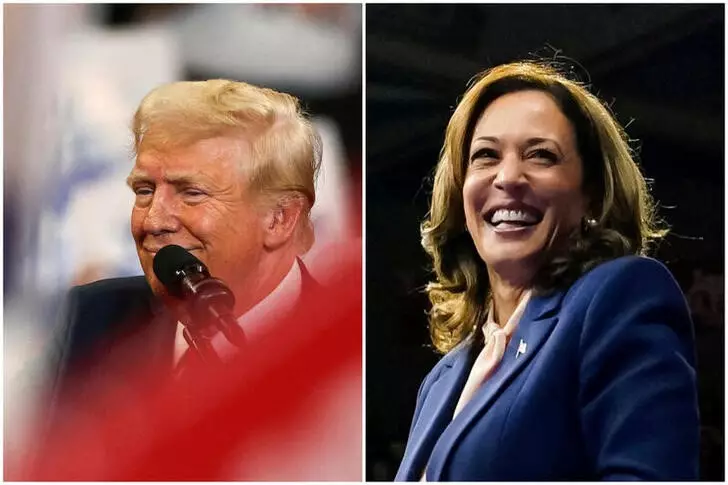The U.S. presidential election is a significant event that resonates throughout the global financial markets, impacting not only the United States but also emerging markets (EMs) worldwide. As the largest economy globally, the U.S. plays a pivotal role in shaping financial conditions worldwide through its economic policies, trade strategies, and geopolitical relationships. With the upcoming 2024 election, analysts from UBS have outlined several ways in which emerging markets could be affected by potential shifts in the U.S. economic landscape.
Emerging market assets are intricately linked to expectations surrounding the U.S. economy. Variables such as GDP growth, inflation rates, interest rates, and the strength of the U.S. dollar are all factors that could be influenced by the election outcome. For instance, a Republican victory might result in robust U.S. economic growth but could also bring about higher inflation and interest rates. While a stronger U.S. economy initially strengthens the dollar, it could pose challenges for emerging markets.
A stronger U.S. dollar typically increases the cost of borrowing for EM countries, many of which have significant dollar-denominated debt. This tightening of financial conditions could deter foreign investment and impede economic growth in these markets. Historically, assets in emerging markets witness fluctuations around U.S. elections due to uncertainties regarding changes in U.S. leadership. The value of the dollar and its impact on global markets cannot be overstated.
Trade policy is a critical channel through which the U.S. electoral results could affect emerging markets. U.S. presidents wield substantial power in shaping the country’s commercial relationships, with tariffs emerging as a prominent policy tool in recent years. A Republican administration, particularly under past leadership like Trump, might resort to tariff-heavy strategies, leading to increased uncertainty and diminishing the allure of emerging market assets, especially for export-driven economies.
Geopolitics is another area of grave concern, with U.S. relations with key global players potentially evolving based on the election results. For instance, former President Trump’s preference for tariffs as a trade policy tool and a more isolationist stance could impact emerging markets dependent on stable trade and diplomatic ties with the U.S. Countries like Mexico and Asian nations could see heightened volatility depending on the election outcome.
The impact of the U.S. presidential election on emerging markets extends beyond policy and trade to encompass potential opportunities and risks on a global scale. The election results could shape U.S.-China relations, with further restrictions on Chinese technology companies likely. This could prompt global investors to focus on alternative markets like Taiwan and South Korea, known for their semiconductor industries. India’s growing role in global supply chains makes it an attractive investment destination for U.S. and international firms seeking alternatives to China.
The 2024 U.S. presidential election will have far-reaching implications for emerging markets worldwide. From macroeconomic shifts to trade policies and geopolitical relationships, the election outcome will influence investor sentiment, financial flows, and economic dynamics in emerging economies. It is crucial for market participants to closely monitor developments in the U.S. electoral landscape and be prepared for potential challenges and opportunities arising from the election results.

